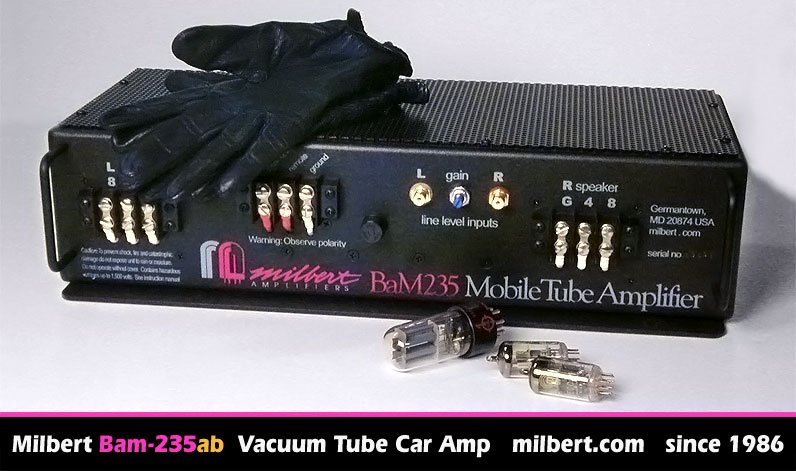Dave Gordon
Audio Research Staff
First of all, these will be the new prices of our products on March 31:
REF10/REF Phono 10 $35,000 / $42,000
REF6SE/REF Phono 3SE $19,500 / $22,500
LS28SE/PH9/DAC9 $10,000 / $12,000
REF160M – pair $38,000 / $45,000
REF160S $24,000 / $28,000
REFSOS $16,000 / $18,500
VT8OSE $11,000 / $12,000
I/50 $5,500 / $6,500
I/50 with DAC & Phono $7,200 / $8,500
REF750SEL No change
The average increase is 16.8%
Our new owner continues to invest heavily to grow all aspects of our infrastructure, and we are advertising again in multiple publications. I think everyone understands that we–like other manufacturers–have absorbed large increases in our costs including parts, tubes, production, and overhead in the last four years. Our prices do not reflect those increases, unlike other manufacturers. Our past reluctance to raise prices appropriately was ill-advised because pricing must inevitably increase in order to keep the business healthy.
Since last year we brought back experienced and valuable employees, all of whom wanted to return. We didn't lose anyone except Brandon Lauer in International sales, who survived a serious motorcycle accident in October 2022, and is now the Director of Sales and Marketing for Wadax. It's a good place for him, and he came by earlier this week to visit and catch-up.
The best and worst part of running Audio Research is that we continue to do it the old-fashioned (and best) way. We still build every component by hand. We solder those resistors and capacitors and wires into the circuit boards by hand because it sounds better. We can service most of the products we have ever made because it is the only way to maintain the value of those generations of products. Maintaining an inventory of legacy parts is expensive. We grade every transistor (with a high reject rate) as we burn-in and grade every tube, because it is the only way to assure consistency. After two rounds of testing that sandwich 24-48 hours of burn-in, we listen to every new and every service piece in a reference system because we can still hear things we cannot measure.
The Reference amplifier shown two years ago in Munich was a dream, a design on paper, a shell with tubes. What we will have in Munich this year has tubes, but virtually nothing else in common except the size of that chassis. It is a total rethink, and its performance is off the charts. And yes, we will have less expensive entry-level products before long.
I apologize for the length of this post, but you should know where we are and where we are going. I have been delinquent staying in the loop on WBF because we are busy, in a good way.
REF10/REF Phono 10 $35,000 / $42,000
REF6SE/REF Phono 3SE $19,500 / $22,500
LS28SE/PH9/DAC9 $10,000 / $12,000
REF160M – pair $38,000 / $45,000
REF160S $24,000 / $28,000
REFSOS $16,000 / $18,500
VT8OSE $11,000 / $12,000
I/50 $5,500 / $6,500
I/50 with DAC & Phono $7,200 / $8,500
REF750SEL No change
The average increase is 16.8%
Our new owner continues to invest heavily to grow all aspects of our infrastructure, and we are advertising again in multiple publications. I think everyone understands that we–like other manufacturers–have absorbed large increases in our costs including parts, tubes, production, and overhead in the last four years. Our prices do not reflect those increases, unlike other manufacturers. Our past reluctance to raise prices appropriately was ill-advised because pricing must inevitably increase in order to keep the business healthy.
Since last year we brought back experienced and valuable employees, all of whom wanted to return. We didn't lose anyone except Brandon Lauer in International sales, who survived a serious motorcycle accident in October 2022, and is now the Director of Sales and Marketing for Wadax. It's a good place for him, and he came by earlier this week to visit and catch-up.
The best and worst part of running Audio Research is that we continue to do it the old-fashioned (and best) way. We still build every component by hand. We solder those resistors and capacitors and wires into the circuit boards by hand because it sounds better. We can service most of the products we have ever made because it is the only way to maintain the value of those generations of products. Maintaining an inventory of legacy parts is expensive. We grade every transistor (with a high reject rate) as we burn-in and grade every tube, because it is the only way to assure consistency. After two rounds of testing that sandwich 24-48 hours of burn-in, we listen to every new and every service piece in a reference system because we can still hear things we cannot measure.
The Reference amplifier shown two years ago in Munich was a dream, a design on paper, a shell with tubes. What we will have in Munich this year has tubes, but virtually nothing else in common except the size of that chassis. It is a total rethink, and its performance is off the charts. And yes, we will have less expensive entry-level products before long.
I apologize for the length of this post, but you should know where we are and where we are going. I have been delinquent staying in the loop on WBF because we are busy, in a good way.


